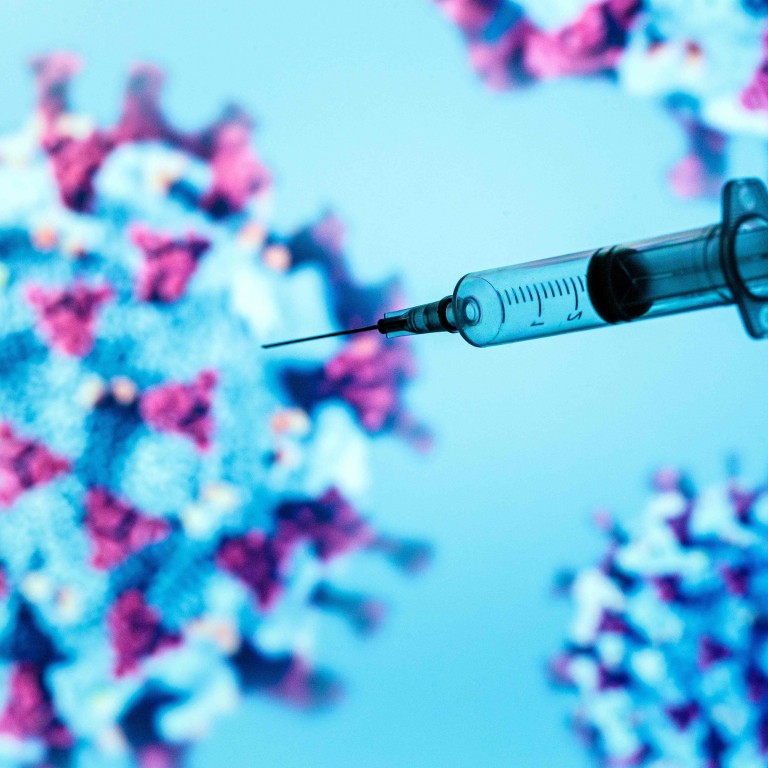
Why China’s bet on ‘analogue’ Covid-19 vaccines could pay off
- Three of the candidate vaccines developed in China use an old-fashioned technique, but they were among the earliest to enter mass testing
- The inactivated vaccines use a dead version of the Sars-CoV-2 virus rather than more advanced techniques deployed elsewhere
Three of the four Chinese vaccine candidates in the final stage of clinical trials are inactivated vaccines – a simple technique that kills off the Sars-CoV-2 virus in a lab and uses it to trigger an immune response.
One analogy would be that China is making analogue phones while others are developing 4G and 5G smartphones: in this case the more advanced techniques used by Western pharmaceutical companies involve deploying techniques such as use of other live viruses or gene technology.
But this strategy appears to be playing out well. Not only have the Chinese vaccines been among the fastest to reach phase 3 trials, data from the earlier phases showed positive results after all three inactivated vaccines induced antibodies and T-cell responses.
So far they have also shown milder side effects compared to other technologies.
Coronavirus: more countries host final trials of Chinese-made vaccines
If inactivated vaccines are successful, it will make vaccine diplomacy easy for China. Production costs will be low and it is easy to scale up production. Relatively low research and development costs will make technology transfer to other countries easier.
However, the downside is that higher safety standards are necessary, because producing the vaccine involves handling large amounts of live Sars-CoV-2.
But it is still a gamble because nobody knows if the antibodies and T-cell responses generated by the vaccines can protect a person from Covid-19. If they don’t, the front runners may all fail.
It is also a big unknown whether these vaccines can protect the elderly, the group most at risk. Data from the first two phases of trials showed that the antibodies and T-cell responses generated in elderly people were much weaker.
Scientists have also warned that first-generation vaccines may not be able to stop transmissions even if they protect people from getting seriously sick.
We may end up having vaccines that can reduce severe illness among adults, who rarely get seriously ill anyway, while transmissions continue and we have to find other ways to protect the elderly and children.

